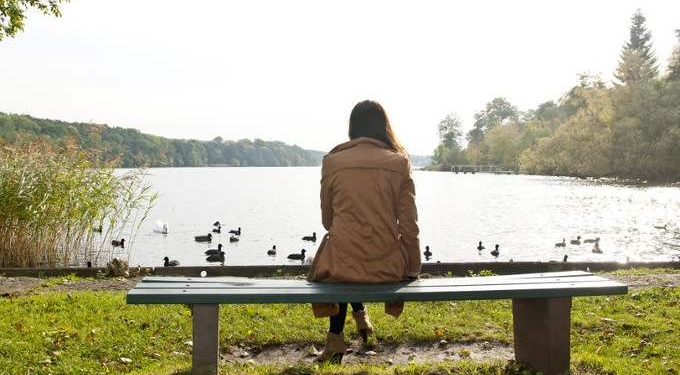
How far would you go to keep everyone happy? Even if it meant trashing your boundaries?
Dr. Rebecca Ray shares her insights on why boundaries are the kindest thing you can do for yourself.
Brené Brown says, ‘To set boundaries is about having the courage to love ourselves even when we risk disappointing others.
It couldn’t be more true.
Speaking on Body+Soul’s daily podcast Healthy-ish, Dr. Rebecca Ray, author of the new book Setting Boundaries, says that she sees boundaries as circles of empowerment.
“I really like people to think of boundaries in a positive light because they get a bad rap. People often assume that we seem to be seen as selfish if we set boundaries. But boundaries are actually the kindest thing you can do in a relationship with someone else,” she tells host Felicity Harley on the Healthy-ish episode, Dr. Rebecca Ray, on setting boundaries.
“They are like a set of instructions that you can give the other person to explain how to treat you, how to respect you with consideration, and how to be able to honor your needs (and their needs as well).”
“Boundaries basically explain where we end and the other person starts. They help us to distribute our personal resources like money, time, attention, energy in accordance with our values,” she adds.
Sounds pretty damn amazing.
Dr. Ray explains that there are two types of boundaries – the healthy ones that we stick to and keep, and the ones that we set out to keep but end up bending to other people’s will.
The reason we find ourselves bending, even on the most intrinsically important boundaries, is often for fear that we’ll upset someone else.
“Sometimes people who struggle to set boundaries find they turn themselves inside out and upside down to avoid negative reactions from others, and that affects their capacity to be able to set consistent boundaries,” Dr. Ray explains.
“If you haven't grown up with significant adults in your life who've shown you how to set boundaries and who have respected your boundaries, then it can be especially difficult.”
She adds that ‘people pleasers’ and more sensitive individuals can be so worried about those around them that they will sacrifice what they need to keep the peace.
Eventually, issues arise as one cannot pour from an empty cup. Ultimately being able to be there and support others means you must be a support to yourself first.
“If you're someone that hasn't grown up in a healthy family environment where boundaries were modeled to you, perhaps look to a trusted friend who you feel is a great example of boundaries…It can actually be really helpful to watch someone else, reinforce and adjust their own boundaries and then model your own behavior off of that,” she explains.
Time to set healthy boundaries with the people in your life.
“If you’re someone that kind of has boundaries but struggles to put them in practice, I would say to check in with two things. One is your values – where do you feel like you’re in alignment with your values and where do you think you’re out of alignment?”
“Secondly, check-in with strong feelings.”
Dr. Ray explains that checking in with our values will normally highlight where others are crossing our boundaries and where we’re crossing our own.
Likewise, noticing strong feelings such as resentment and frustration will also be a good indicator of when something needs to change.
“One of the difficult things around boundaries is that other people are not going to set them for you,” Dr. Ray adds. “And in fact, people who are benefiting from you having no boundaries are the ones who are going to protest the loudest when you finally go ahead and set boundaries.”
That’s why it’s so important to assert your lines clearly to those around you, giving yourself the time, space, and energy to be the person you want to be – both for yourself and your most important people.
















